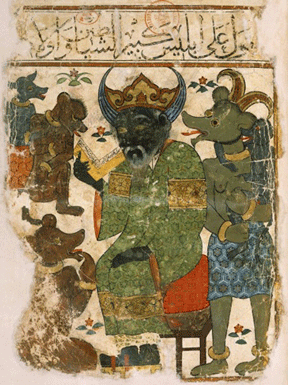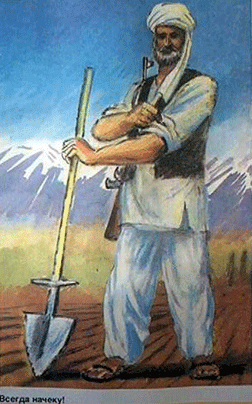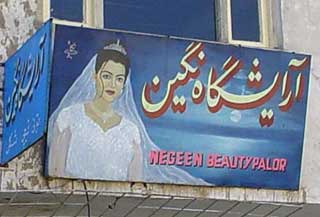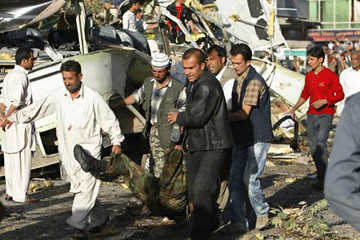
Iblis (the Devil) from The Book of Nativities (Kitâb al-Mawalid) by Abû Ma’shar, 15th Century.
by Suroosh Irfani, Daily Times (Pakistan), May 7, 2009
Jewish denial during the war is perilously instructive for Pakistan today: a country where the founding spirit of justice and democracy is blighted by falsehood and fear. Small wonder that last month, Prime Minister Gilani virtually ignored the seditious speech of Sufi Muhammad.
Noted Saudi novelist Turki al Hamad’s novel, Kharadib, has sold over 20,000 copies in the Arab world since publication in 1999. Al Hamad continues to live in the Saudi capital Riyadh, despite fatwas of Saudi clerics against him, and Al Qaeda branding him an apostate.
The reason? Hamad’s teenaged protagonist in the controversial novel dares to ponder the question of God and the devil.
King Abdullah, then the Crown Prince, reportedly offered Hamad bodyguards for his protection, while reputed Saudi scholar Sheikh Ali al Khudair, who initially censured Hamad, withdrew his fatwa in 2003.
The retraction suggests that the musings of Hamad’s protagonist on “religion, sex and politics, the three taboos in Saudi society†had triggered a rethink on an issue that Muslim luminaries like Jalaluddin Rumi (d.1273) had addressed, long before German writer Goethe cast the devil in new light in his epic poem Faust in the 19th century.
However, it remained for Allama Iqbal’s genius to bring together Goethe and Rumi in a discourse on the devil, burnishing wisdom of the past with his own insights on evil. The upshot of it all is a realisation that “evil is not mere darkness that vanishes when light arrives. This darkness has as positive an existence as light,†as Javed Iqbal, former Chief Justice of Lahore High Court, notes in “Devil in the triangle of Rumi, Iqbal and Goethe†in Iqbal Review. Continue reading God, the Devil and Pakistan





